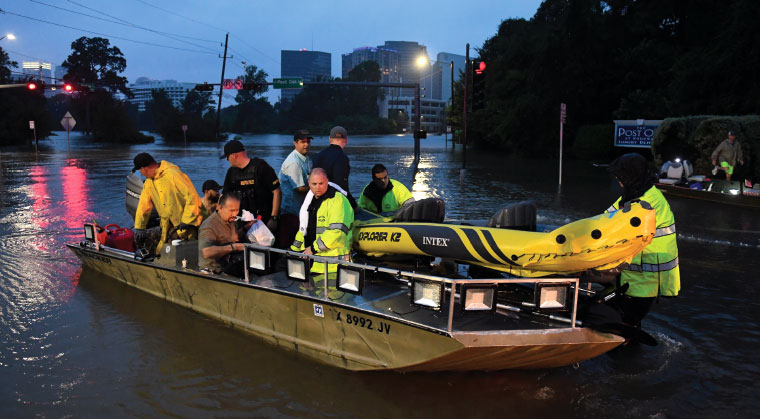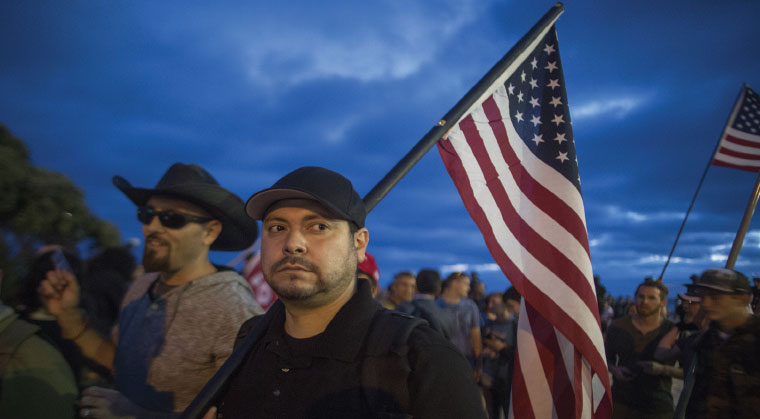Clock Ticking On Kosel Controversy


Orthodox demonstrators form a human wall to stop egalitarian protesters from reaching the Western Wall (Photo: Flash90)
F or David and Bat-Sheva Weisenstern it was the end of an agonizing morning at the Kosel. The couple who manage the coffee stand that for some 18 years has been giving away free coffee tea and other refreshments to worshippers who arrive for the haneitz minyan were overwrought at the return of the “Women of the Wall” (WOW) on Rosh Chodesh Cheshvan. Their mixed prayer service a clear provocation to Orthodox worshipers led to clashes at the Kosel Plaza.
“I just can’t stand the spectacle any longer” David said apologizing for closing his stand early. “It’s a desecration of Hashem’s Name and a sacrilege at such a holy place. I blame the Supreme Court for opening such a precedent but I also blame the security guards who normally will stop such groups from even bringing in a Megillas Esther to the site. Today they let them bring in ten sifrei Torah.”
The Kosel security forces were overwhelmed by as many as 200 members of Reform and Conservative groups protesting what they call government inaction on its decision almost ten months ago to designate a section of the Kosel’s southern wall in the area known as Robinson’s Arch for egalitarian prayer. The Netanyahu government has been stalling for time under threats from chareidi coalition members to bolt the government unless the decision is modified.
But the “Women of the Wall” have not kept their end of the bargain either. The Rosh Chodesh clashes broke out after WOW headed straight for the women’s section instead of Robinson’s Arch. They were greeted by protestors — some chareidim and some from the national-religious stream — including Motti Dan head of the Ateret Cohanim group who like Weisenstern said Kosel security was lax.
“These people didn’t land from the sky” Dan said. “You could see them coming with their sifrei Torah and they should have been stopped at the entrance.”
The Western Wall Heritage Foundation is responsible for security at the site. Rabbanim at the Kosel manage the distribution of the sifrei Torah and normally do not allow anyone to bring in their own. “Out of trepidation that nothing adverse would happen to the sifrei Torah I instructed our guards to avoid physical confrontations with the demonstrators who callously violated the agreement made with the state attorney general and every religious custom since time immemorial” said Rabbi Shmuel Rabinowitz rav of the Kosel.

Rabbi Shmuel Rabinowitz: “Out of trepidation that nothing adverse would happen to the sifrei Torah I instructed our guards to avoid physical confrontations with the demonstrators who callously violated the agreement made with the state attorney general and every religious custom since time immemorial”
Initially police did not intervene other than to film the incidents. Under Israeli law the police are responsible only for the public areas around the Kosel. “The only time police intervene at the Kosel Plaza is if there is violence that security guards can’t control. Then we can step in to separate the combatants ” says Shabtay Gabarchik a police spokesman for the chareidi media.
Asked why the police obstructed the work of some of the Kosel security guards Gabarchik said that some of the guards used excessive force and the police moved in to distance each side from the other. “If there had been enough security guards on duty this whole provocation wouldn’t have gotten off the ground.”
At some point someone will have to give ground.
The clock is ticking on the Netanyahu government. Last week the Supreme Court gave the government a three-week deadline to respond or risk a court ruling to force their hand. On Tuesday of this week members of the Knesset Interior Committee and the Chief Rabbinate were scheduled to visit the Kosel to review possible new arrangements.
In a statement to the media Prime Minister Netanyahu placed the blame for the latest disturbance on the demonstrators “The unilateral violation of the status quo at the Western Wall this morning undermines our ongoing efforts to reach a compromise.”
That followed pleas from both Netanyahu and Knesset Speaker Yuli Edelstein two days earlier at the Jewish Agency Board of Governors meeting in Jerusalem where Netanyahu asked Jews from chutz l’Aretz to show patience and tolerance while a compromise is reached over the stalled agreement.
Edelstein was more forceful saying public petitions abroad and protests in Israel only make a resolution more difficult. He also said it was “not helpful” for Diaspora Jews to criticize Israelis for being too Orthodox or vice versa. “When we do so we only weaken the bonds between us ” he said. “I say this out of concern for our shared future as a Jewish people a long-term view that must transcend any short-term matter.”
Oops! We could not locate your form.







